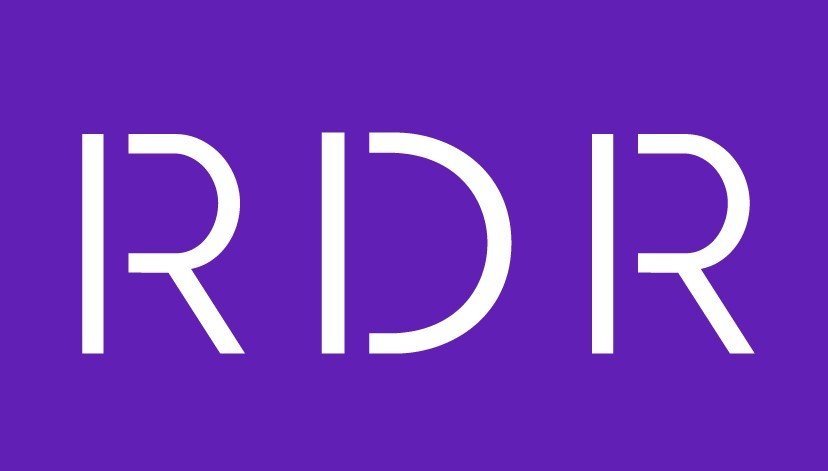MELAS
Condition Description
Mitochondrial encephalomyopathy with lactic acidosis and stroke-like episodes (MELAS) syndrome is a rare maternally inherited mitochondrial disorder that predominantly affects the nervous system and muscles. MELAS typically appears in childhood after a period of normal early development. This condition manifests with recurrent episodes of encephalopathy, myopathy, headache, and focal neurological deficits in children or young adults, usually between the ages of 2 and 15.
MELAS (Mitochondrial Encephalopathy, Lactic Acidosis, and Stroke-like episodes) syndrome is a rare disorder that begins in childhood, usually between two and fifteen years of age, and mostly affects the nervous system and muscles. Stroke-like episodes with temporary muscle weakness on one side of the body (hemiparesis) may also occur and this can lead to altered consciousness, vision and hearing loss, loss of motor skills and intellectual disability.
The most common early symptoms are:
Seizures
Recurrent headaches
Loss of appetite
Recurrent vomiting.
MELAS is caused by mutations in mitochondrial DNA and in one patient, this syndrome has been associated with mutations in a nuclear gene, POLG1.
Active Trials
-
TRIAL TITLE: Phase 2b Randomized, Double-blind, Placebo-controlled Crossover Study Evaluating the Efficacy and Safety of Zagociguat in Participants with MELAS (PRIZM)
DESCRIPTION: The goal of this clinical trial is to learn about the effectiveness of zagociguat in patients with MELAS. The main questions it aims to answer are:
Does zagociguat improve fatigue in patients with MELAS?
Does zagociguat improve cognitive performance in patients with MELAS?
What is the safety and tolerability profile of zagociguat?
The PRIZM study is evaluating 2 dose levels of zagociguat in a crossover design consisting of two 12-week treatment periods separated by a 4-week washout. Patients will be screened and if eligible, randomly assigned either to receive placebo in period 1 followed by active drug in period 2 OR to receive active drug in period 1 followed by placebo in period 2. Study medication is a once daily oral tablet and will be provided at the clinic and/or shipped to the participant's home. Clinic visits will occur at screening and Week 1 and Week 12 of each treatment period. Visits at Week 4 and Week 8 of both crossover periods will either be in clinic or optionally at the participant's home. Study assessments will be conducted weekly on a phone app and a separate tablet and additional assessments will be conducted during visits. Patients who complete the study will be eligible for an open label extension study.
PROTOCOL: TIS6463-203
PHASE: 2b
STATUS: Active
RECRUITING PATIENTS: Yes

